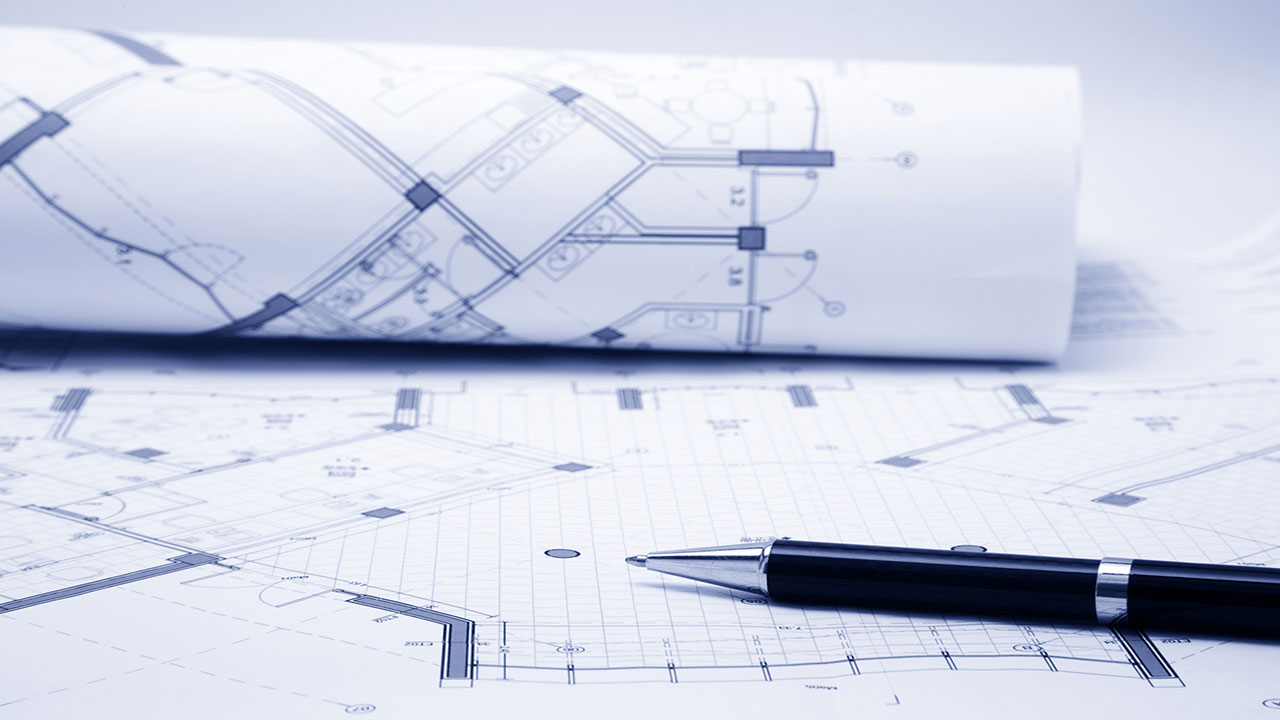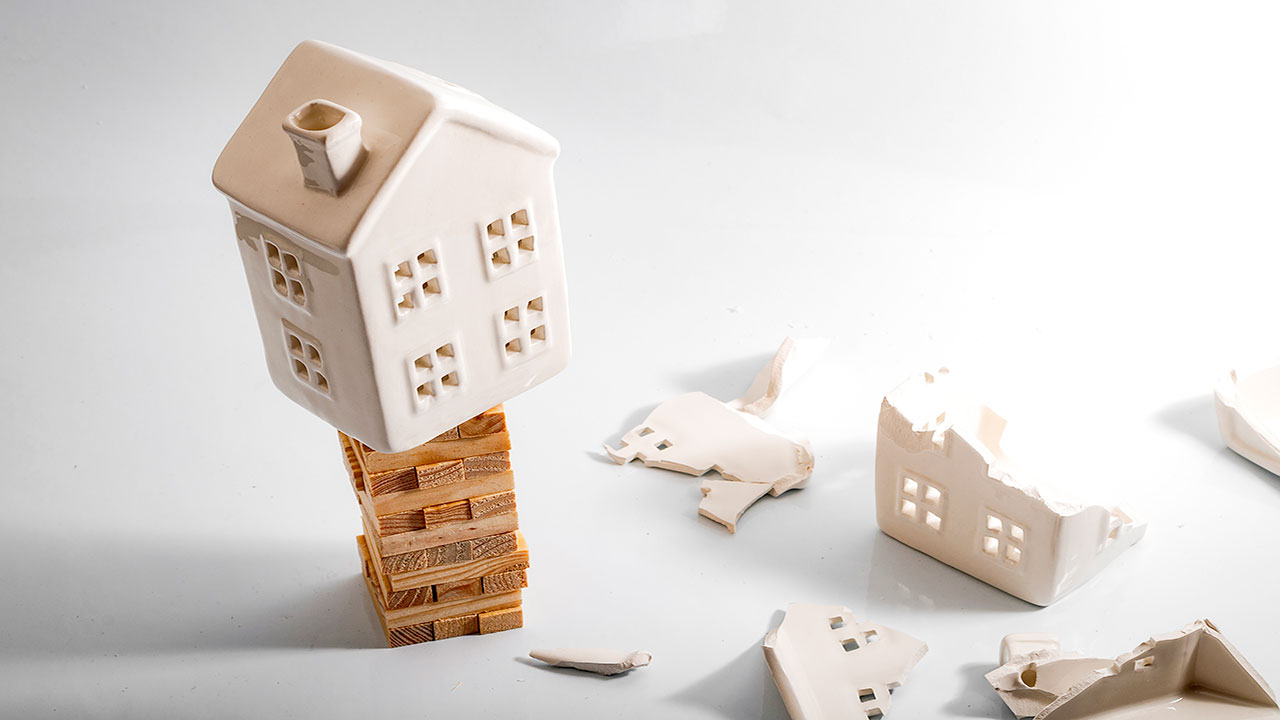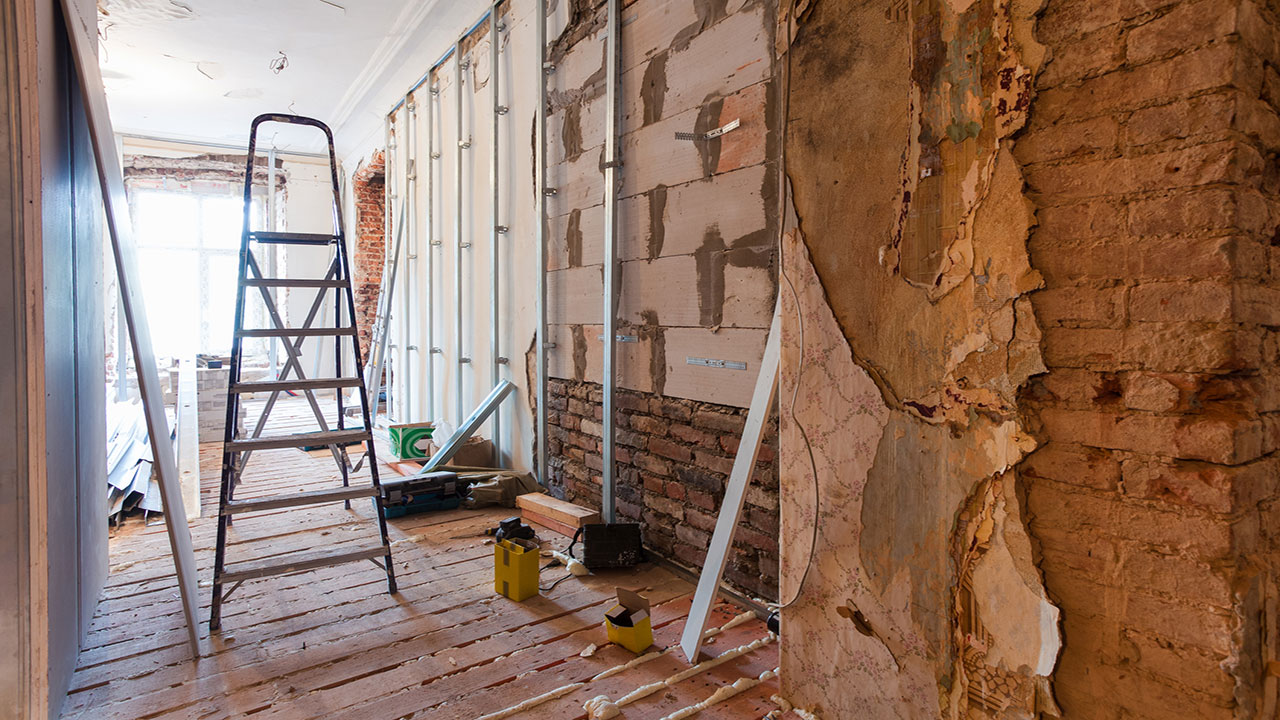What Can Happen if Your Remodel Without a Permit?

If you’re thinking of renovating your kitchen, expanding the living room, or adding a completely new addition to your home, you’ll need to apply for a permit before any work begins. While some home improvement projects might not need a permit, many others do. You’d be well advised to check with your local government office to see whether or not a permit is required.
But many times homeowners undertake improvement projects without pulling a permit. Often it’s because they don’t want to wait for approval, while other times they simply don’t want to spend the money for it. Some homeowners may not even be aware that a building permit is needed.
Whatever the case may be, conducting a remodeling job without the necessary permits can spell trouble down the line.
Homeowners May Be Vulnerable to Hazards

If the project completed was not done according to standard, it’s possible that the end result is actually unsafe. The purpose of a building permit is to ensure that all work performed is done according to code. It offers some assurance that the home is safe from any potential fire hazards, structural failure, and other health risks.
If no permits were applied for and approved, it’s possible that any work performed has created an unsafe environment. Maybe the electrical wiring was installed inadequately, exposing occupants to an electrical fire hazard. Or perhaps there aren’t enough sizable windows in a room to allow for easy escape should a fire break out.
Permits might be a nuisance to have to pay and apply for, but they’re meant to keep all occupants of a home safe. Without a permit, you just never know when you could be at risk of a potential hazard.
Homeowners Could Be Fined
Performing work on your home without the necessary building permits can put you in direct violation of city codes and regulations. As such, you could wind up facing penalty charges for failing to obtain the permits needed to lawfully perform the work.
If that’s the case, the city actually has the right to charge you a penalty fee, which will likely be the original cost of the permit plus any other additional fee for violating the regulations.
If you aren’t finished the project yet, you could also be asked to stop the work in progress until the proper inspections have been made, the fines have been paid, and the permit has been issued. All the while, the original fees and time needed to apply for and obtain the permits would still be applicable.
Homeowners May Be Asked to Remove the Work Performed

In addition to paying a fine for doing work without a permit, you could actually be asked to take down the work that was done and bring your home back to its original condition if the building inspector finds that the work is not to code or is unsafe. This can be a major hassle and just waste more money and time that would have been spent had you paid for and waited for a permit in the first place.
Buyers May Take Over Shoddy Workmanship
If you’re a buyer in a real estate transaction, you could be in a compromised position if you agree to buy a home that has had improvements done without a permit. As stated earlier, you could potentially find yourself living in a home that’s unsafe. Whatever work was done may have been done to code, but if it wasn’t, there’s a chance that the work done poses a potential hazard.
In addition, buyers can also find themselves unable to secure a mortgage, which brings us to our next point.
Lenders May Not Approve a Home Loan

A home that’s being sold with improvements that were done with no permit might not close simply because of loan problems that can arise.
Some lenders may not loan out any money to borrowers for portions of a home that have not been improved with a permit. They may tell appraisers not to include these areas as part of the overall square footage of a home. This can cause issues with the overall loan approval process and throw a wrench in the deal.
Sellers Can Have Trouble Selling
If you’re a seller, having a home that’s had work done without improvements can make it harder to sell. Many buyers might not be willing to take over a property that’s had improvements done without a permit for reasons already mentioned. Buyers may simply not want to have to deal with the potential issues that may arise after they take possession.
Even if you are able to find a willing buyer, the chances of them lowballing you are pretty high. Buyers may be hesitant to offer the full asking price on a home that they believe may not be worth what it’s listed at given the lack of permits for improvements made.
The Bottom Line
Building codes were created for the purpose of ensuring that all work done is safe and meets construction standards. There’s no way to prove that a renovation is sound if no permits were pulled. On the other hand, a permit gives the green light that a project is up to par and safe for habitation.
While avoiding the process of applying, paying for, and waiting for a building permit might seem like a hassle, things can become far more inconvenient if this important step in the construction process is avoided.




